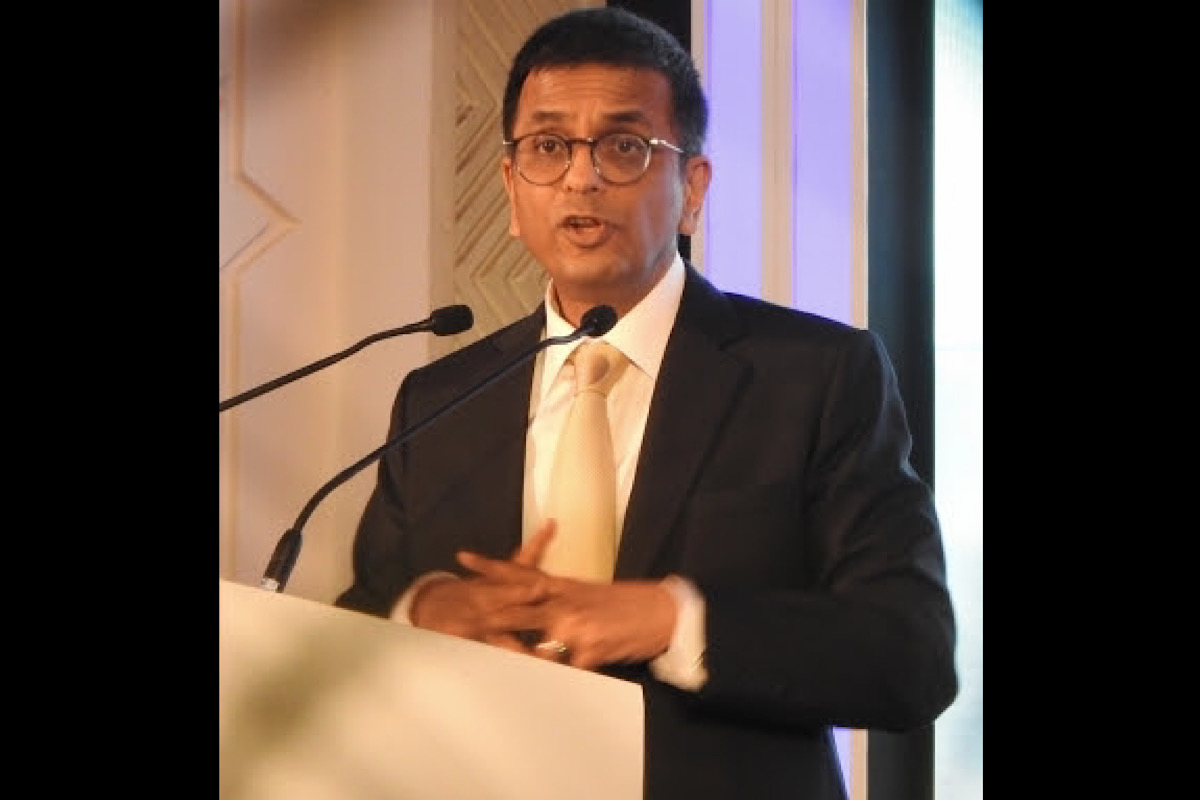Chief Justice of India (CJI) Justice D Y Chandrachud on Saturday said that the judiciary is always open to legislature bringing a new law to cure deficiencies in the law but it can’t overrule a court judgment.
Speaking at the Hindustan Times Leadership Summit, the chief justice said,”There is a dividing line between what the legislature can do and what the legislature cannot do when there is a judgment of the court. If there is a judgment of the court which decides a particular issue and that judgment points out deficiencies in the law, it is always open to the legislature to enact a fresh law to cure the deficiency. What the legislature cannot do is to say we think this judgment is wrong and therefore we overrule the judgment. A judgment of the court cannot be directly overruled by the legislature… that’s completely impermissible… but if a judgment takes a particular view of a legislation, it is always open to the legislature to cure the defect.”
Advertisement
The CJI said that judges don’t look at how the society respond when they decide cases unlike the government, which is intended to be responsive to the people.
“That’s exactly the distinction between the elected arm of government and the judiciary. The elected arm of the government is, and is intended to be, responsive to people, he said adding that judges are guided by the constitution and not popular morality.
“The reason.. is there are certain abiding or eternal values which a society must stand for, particularly a society like ours which is governed by a social transformative instrument like the Constitution. And because there are certain eternal or abiding values (and) the courts are entrusted with the duty to protect those values,” he said.
Highlighting the structural barriers in judiciary for underprivileged people right from the beginning level, the Chief Justice said that the CLAT (Common Law Admission Test) is urban centric and mostly conducted in English.
“They are urban-centric, and they privilege the already privileged in our society. So, right at the entrance level, the parameters that we lay down are loaded against those who do not have access to a good English-based education. Once you enter the profession, you have barriers all over again, for instance entry into chambers of senior counsel does not follow merit. It’s an old boys’ club,” he said.









